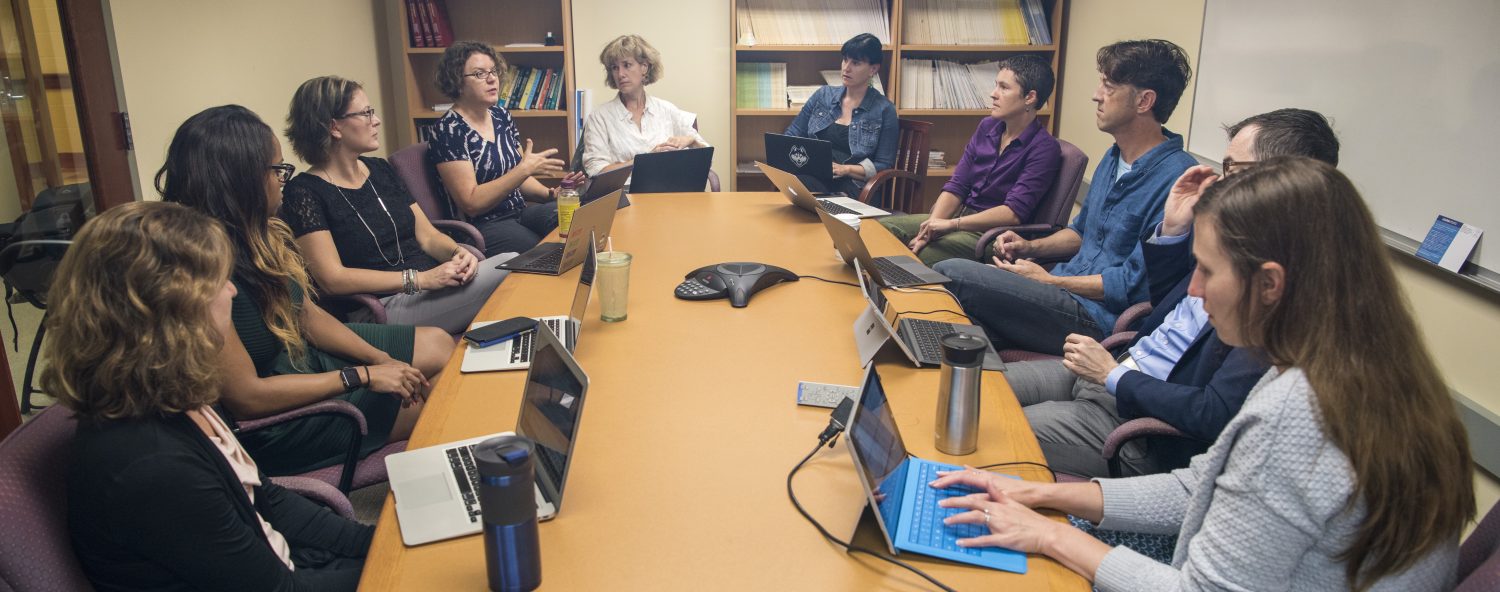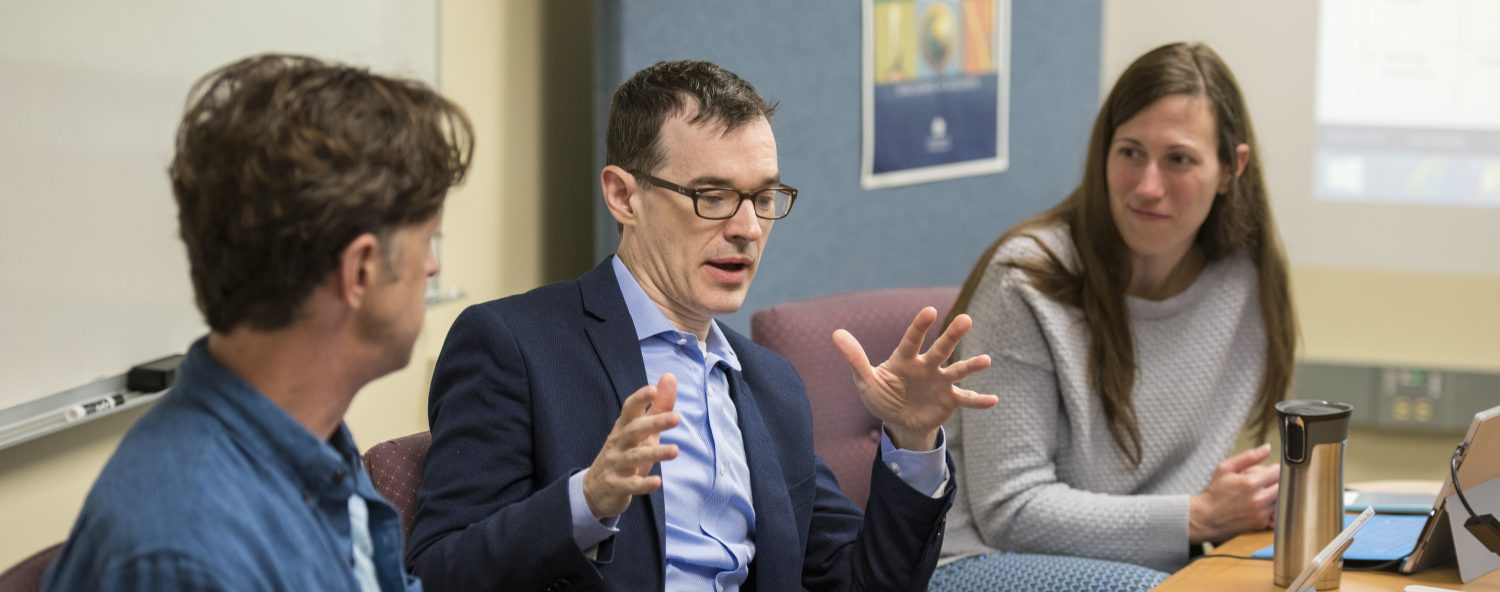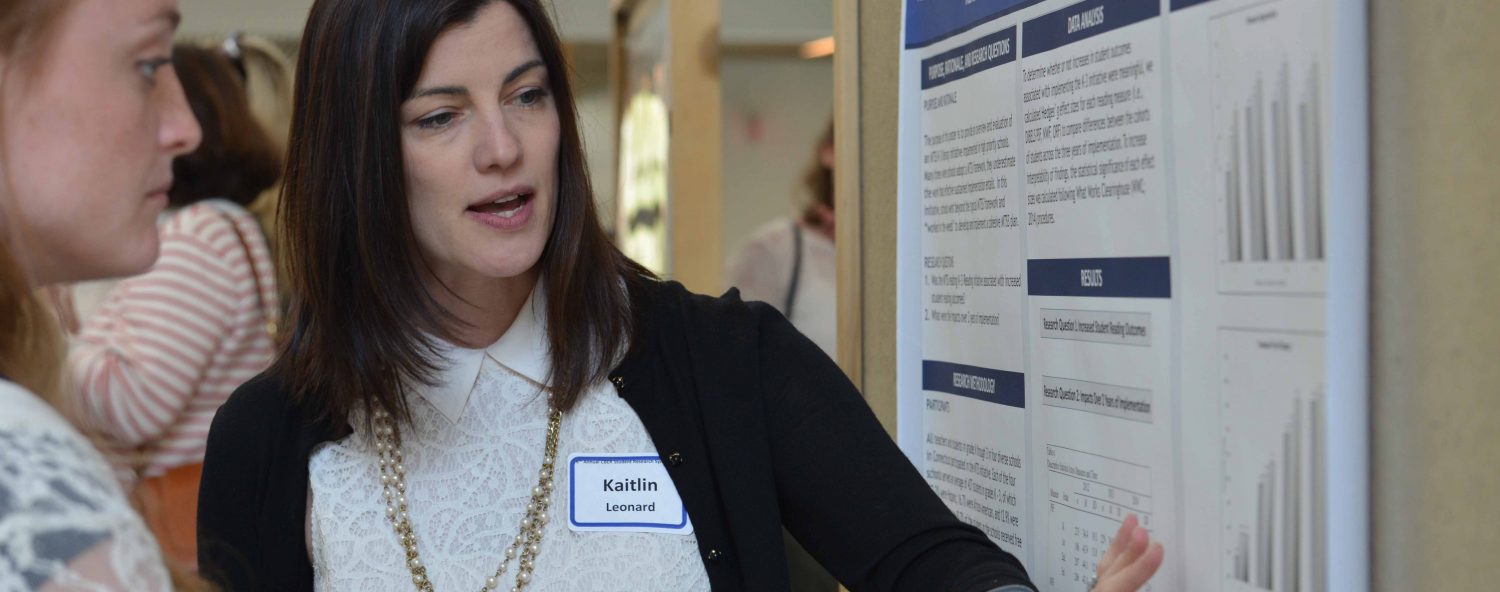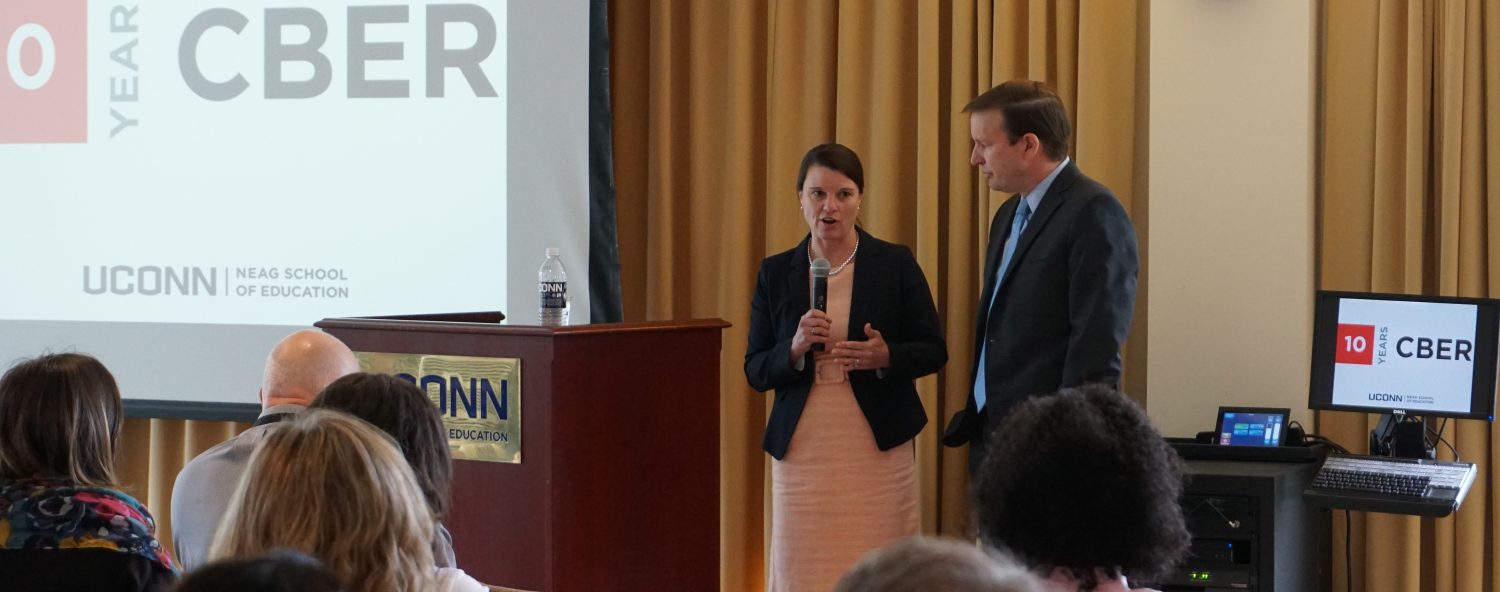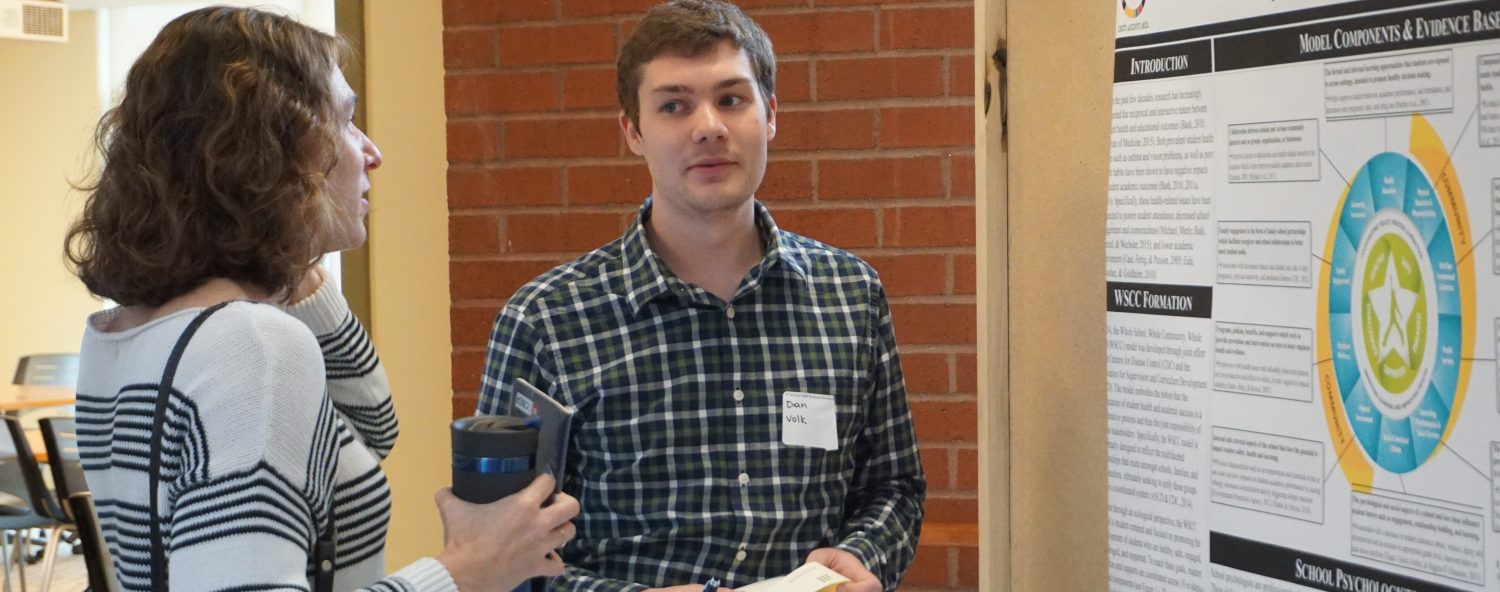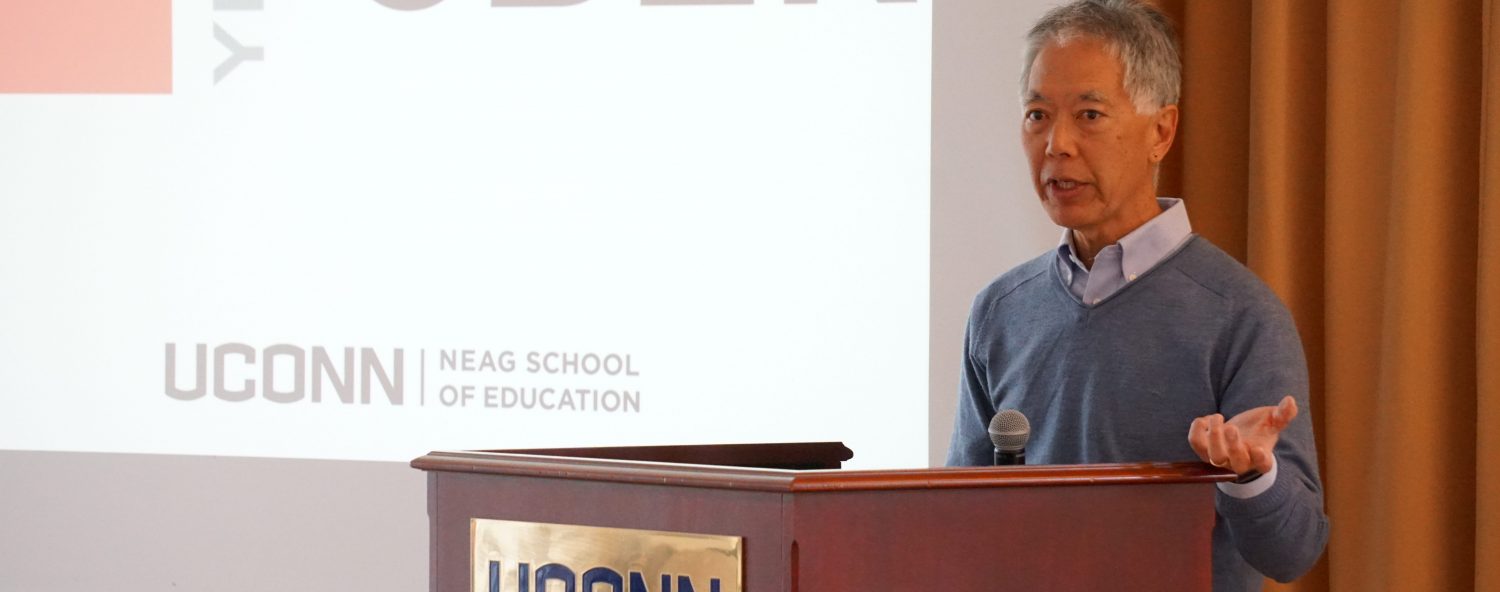-
Feb16
-
Feb16Small Group Aquatic FitnessStudent Recreation CenterALL DAY
Ready to feel stronger, more balanced, and refreshed this Spring? Take your workout to the water on a floating mat and choose from three brand new small-group pool fitness classes, all within a supportive community to help you reach your goals!
-
Feb16Small Group Human Reformer PilatesStudent Recreation CenterALL DAY
Human Reformer Pilates is a resistance band-based Pilates class. Our small group classes will incorporate the FlexKord and the Barre Booty Kicker, which helps capture the essence of traditional Reformer Pilates, focusing on posture, core, & alignment through exciting and innovative mat exercises.
-
Feb16Small Group Hybrid Fitness TrainingUConn StorrsALL DAY
Hybrid Fitness Training combines multiple approaches to training, so you get a bit of everything – strength, functional fitness, cardio, and endurance. Multiple equipment is used to help create a well-rounded workout.

